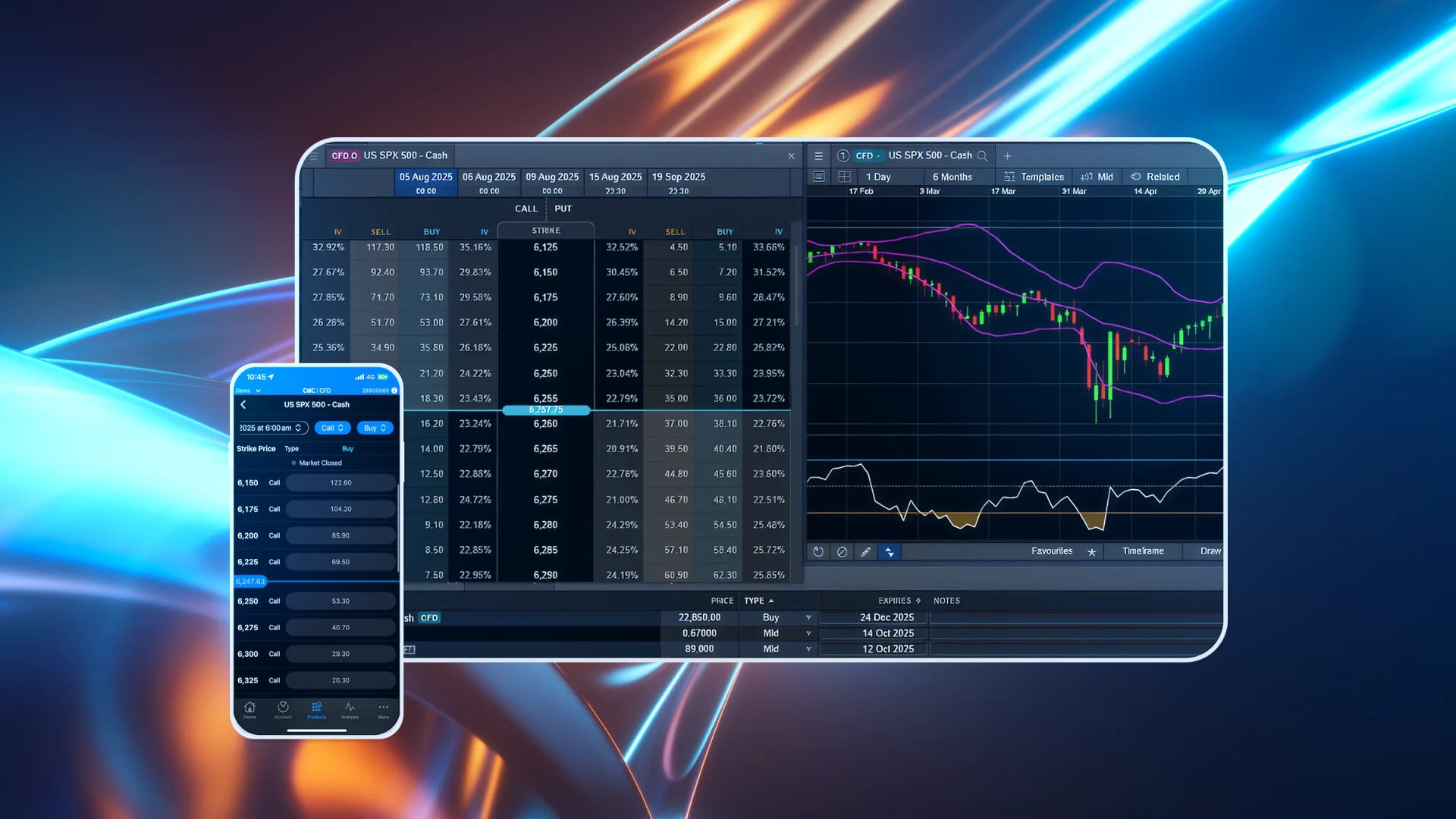CMS for Media Companies: Key Features You Should Look For

Are you a media company looking for the perfect Content Management System (CMS) to manage your digital content effectively? Choosing the right CMS is crucial for the success of your online presence. In this article, we will discuss the key features you should look for when selecting a CMS for your media company.
Introduction
In today’s digital age, media companies rely heavily on their online platforms to engage with their audience, deliver news and content, and drive revenue. A robust CMS is essential for managing and publishing content seamlessly across multiple channels. With the right CMS in place, media companies can streamline their workflow, optimize content for search engines, and provide a seamless user experience.
What is a CMS?
A Content Management System (CMS) is a software application that allows users to create, manage, and publish digital content. From text and images to videos and interactive elements, a CMS enables content creators to easily organize and publish content on their website or platform. For media companies, having a powerful CMS is essential for managing a large volume of content efficiently.
Key Features to Look For
When choosing a CMS for your media company, here are some key features you should consider:
1. Customizable Templates
Look for a CMS that offers customizable templates that align with your brand’s aesthetics. This will allow you to create a consistent look and feel across all your digital properties.
2. Multi-channel Publishing
Choose a CMS that supports multi-channel publishing, allowing you to push content to various platforms such as websites, mobile apps, and social media seamlessly.
3. Content Personalization
Personalization is key in today’s digital landscape. A good CMS for media companies should offer robust tools for content personalization, such as audience segmentation and targeted content delivery.
4. SEO Optimization
SEO is crucial for driving organic traffic to your website. Look for a CMS that offers built-in SEO tools, such as meta tag optimization, sitemap generation, and SEO-friendly URLs.
5. Analytics and Reporting
Data-driven decision-making is essential for optimizing content performance. Choose a CMS that provides robust analytics and reporting tools to track user engagement, content performance, and website traffic.
6. Integration Capabilities
Your CMS should integrate seamlessly with other tools and platforms you use, such as email marketing software, CRM systems, and social media platforms.
7. Mobile Responsiveness
With the rise of mobile usage, it’s essential to choose a CMS that is mobile responsive and provides a seamless user experience across all devices.
Conclusion
Choosing the right CMS for your media company is a decision that can impact your online success. By considering these key features and conducting thorough research, you can find a CMS that meets your needs and helps you achieve your digital goals.
In conclusion, a CMS for media companies should offer customizable templates, support multi-channel publishing, enable content personalization, provide SEO optimization tools, offer analytics and reporting, integrate with other platforms, and be mobile responsive. By choosing a CMS with these key features, media companies can effectively manage and publish content, engage with their audience, and drive online success.




